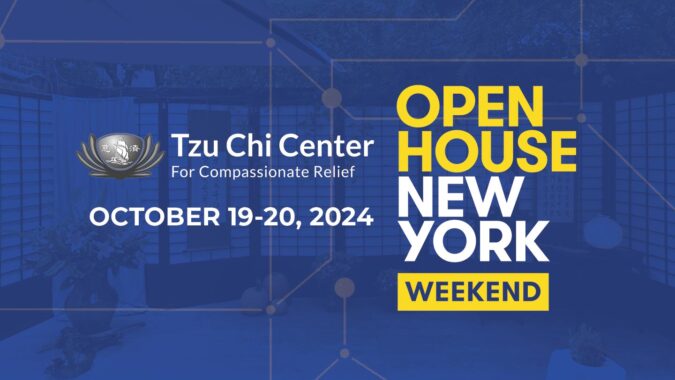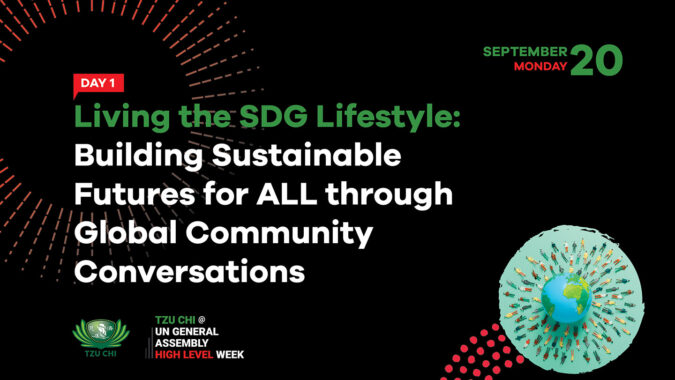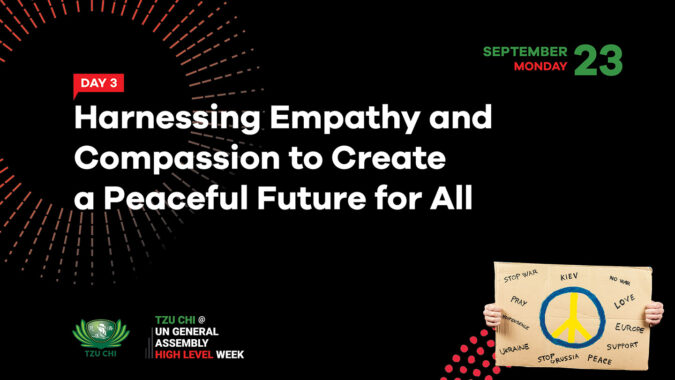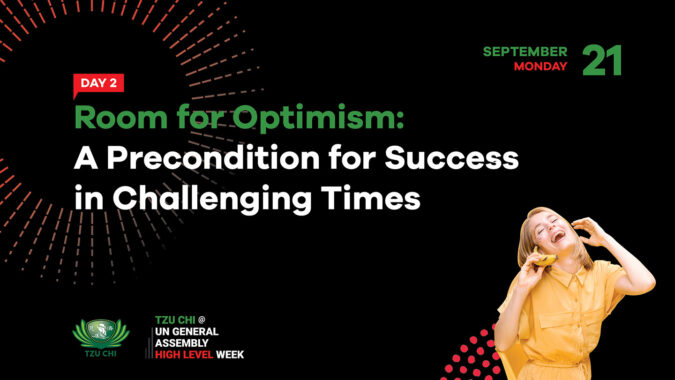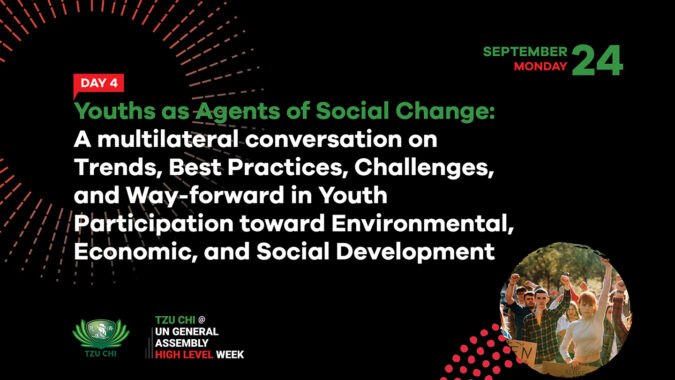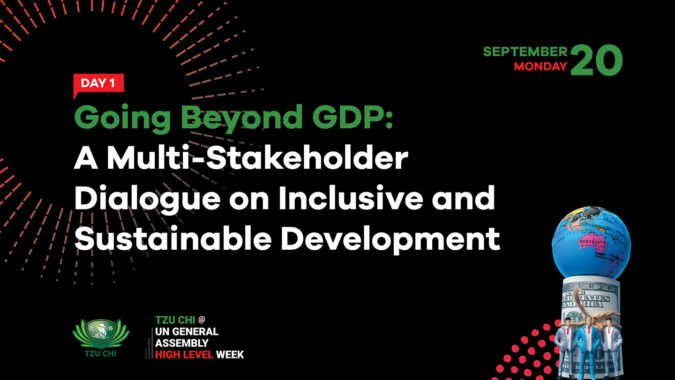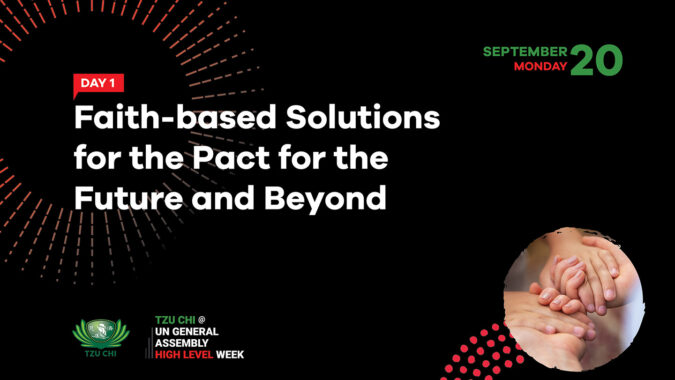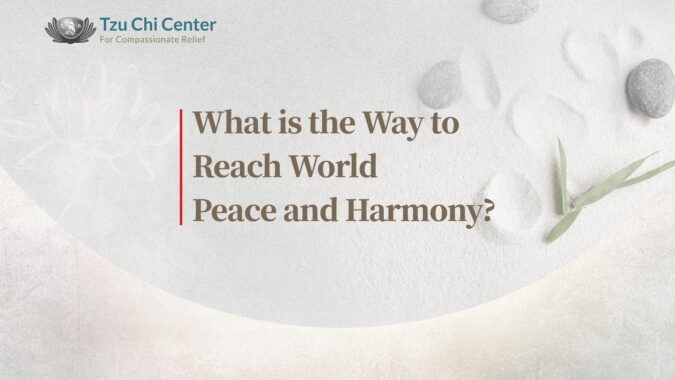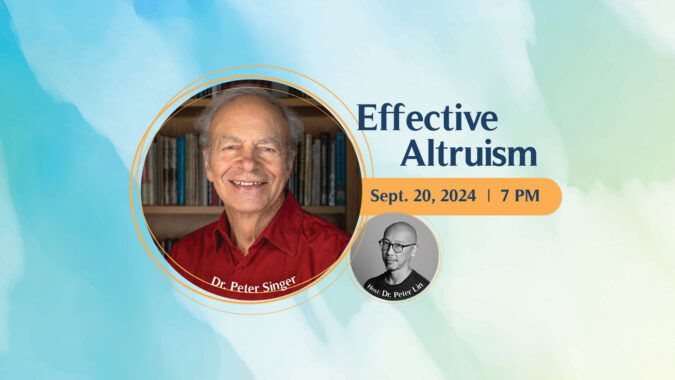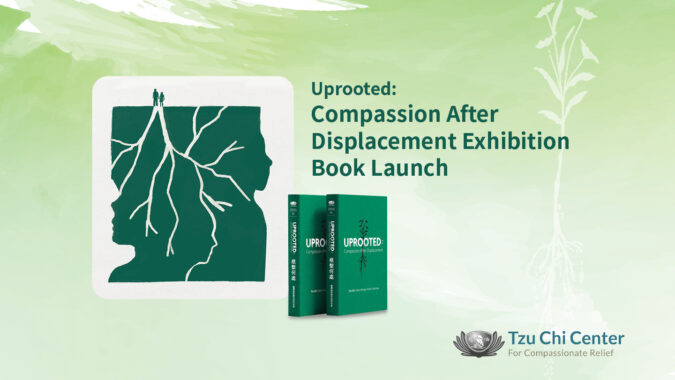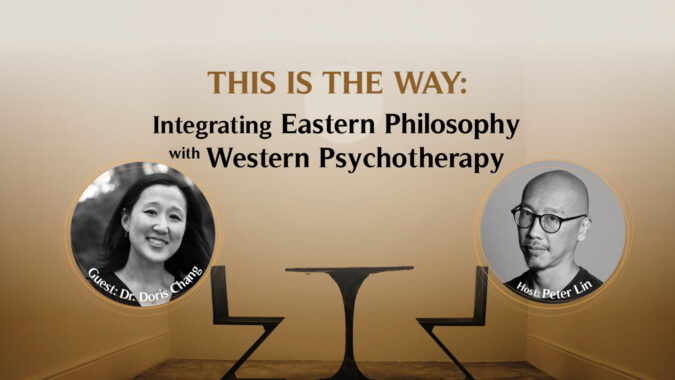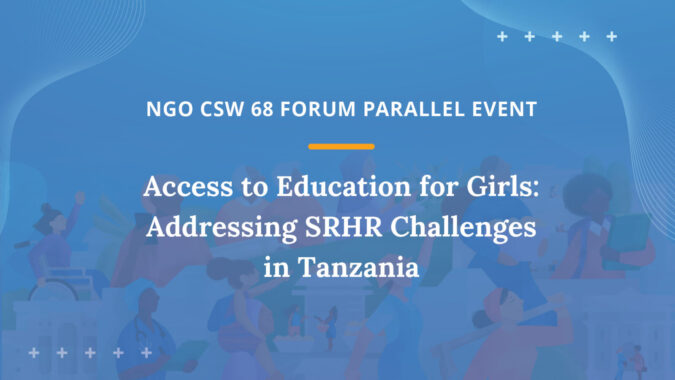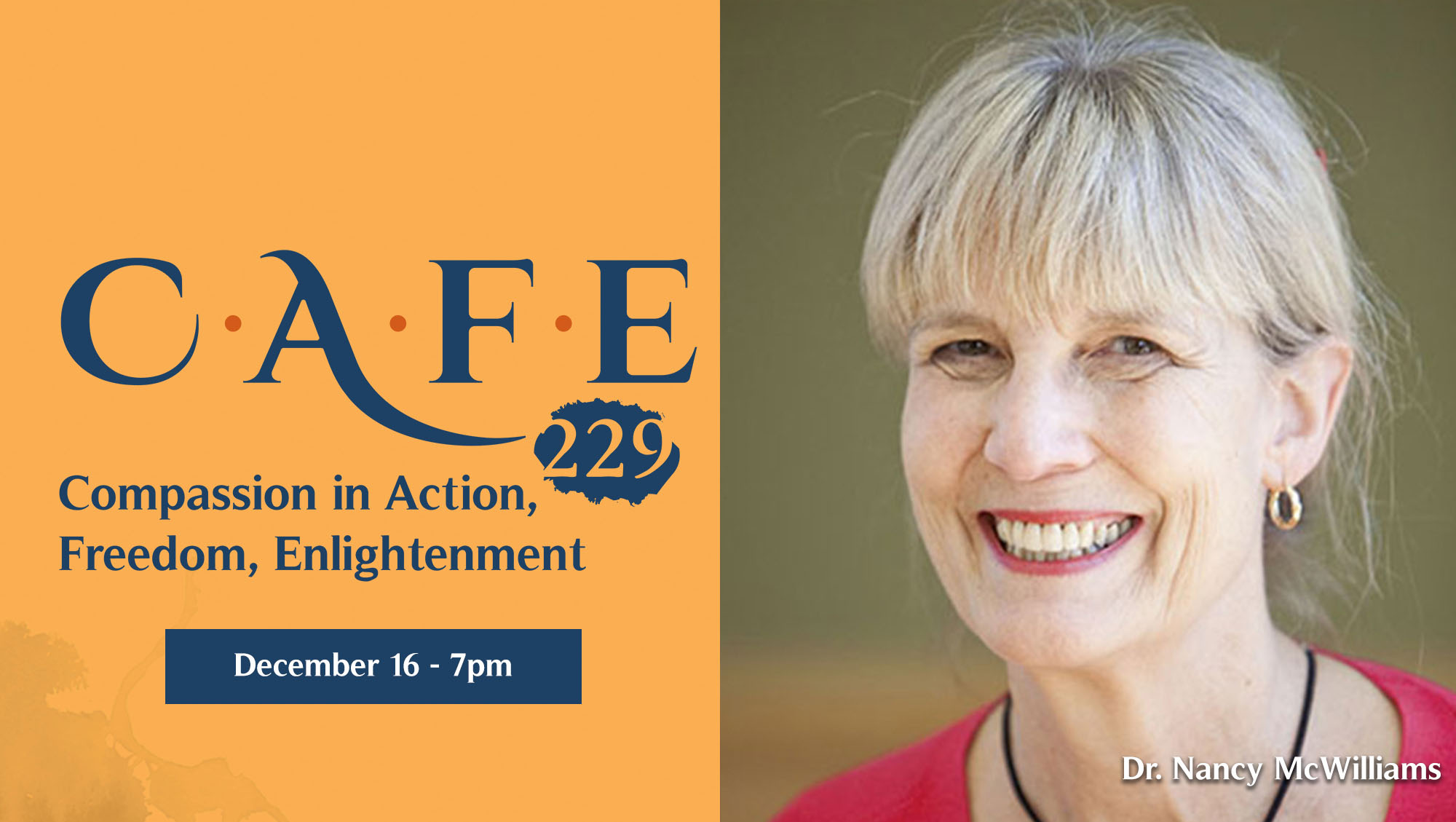
Watch the teaser

Having a spiritual core can help us live a less stressful and more meaningful life. The effects are not only real, they’re measurable.
In this installment of C.A.F.E. 229, we are honored to welcome Dr. Lisa Miller, Professor of Psychology and New York Times bestselling author. A trailblazer in spirituality studies, Dr. Miller has spent years researching the relationship between spirituality and mental health.
Join us as Dr. Miller talks about our innate spirituality, exercising our spiritual muscles, and feeling the impacts of a spiritual lifestyle.
Register to this event
About Dr. Lisa Miller
Lisa Miller, Ph.D., is the New York Times bestselling author of The Spiritual Child and a professor in the Clinical Psychology Program at Teachers College, Columbia University. She is the Founder and Director of the Spirituality Mind Body Institute, the first Ivy League graduate program and research institute in spirituality and psychology, and has held over a decade of joint appointments in the Department of Psychiatry at Columbia University Medical School. Her innovative research has been published in more than one hundred peer-reviewed articles in leading journals, including Cerebral Cortex, The American Journal of Psychiatry, and the Journal of the American Academy of Child and Adolescent Psychiatry.
Dr. Miller is Editor of the Oxford University Press Handbook of Psychology and Spirituality, Founding Co-Editor-in-Chief of the APA journal Spirituality in Clinical Practice, an elected Fellow of The American Psychological Association (APA) and the two-time President of the APA Society for Psychology and Spirituality. A graduate of Yale University and University of Pennsylvania, where she earned her doctorate under the founder of positive psychology, Martin Seligman, she has served as Principal Investigator on multiple grant funded research studies. Dr. Miller speaks and consults around The Awakened Brain and The Spiritual Child for the US Military, businesses (including tech, finance, HR and sales), personal development, faith based organizations, schools and universities, and for mental health and wellness initiatives.












